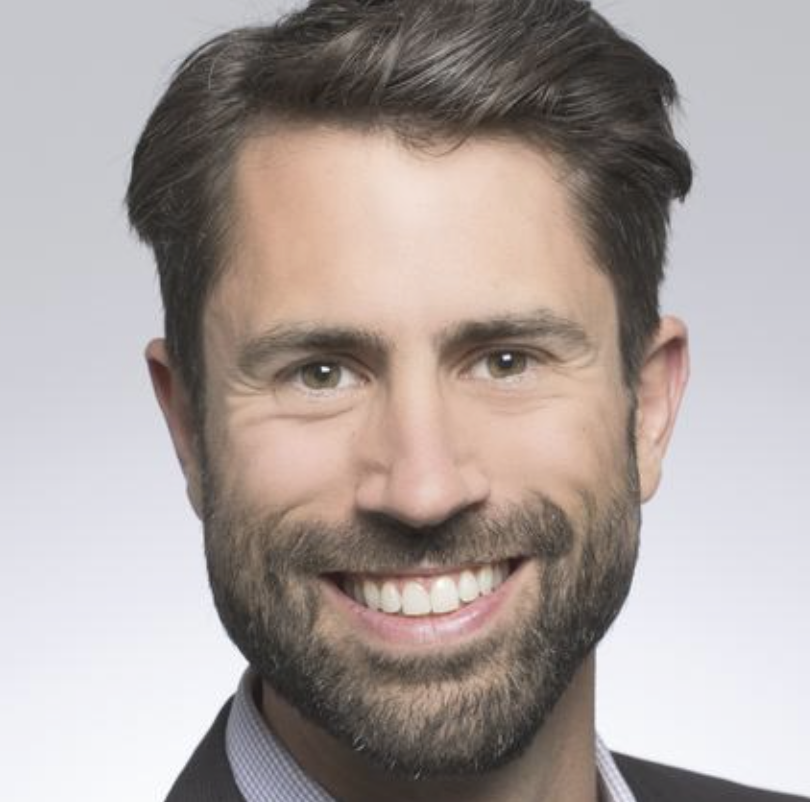By Ron Leuty appearing in The San Francisco Business Times, available here.
Even as venture capital last year poured $28.5 billion into biotech companies globally and biotech IPOs raised more than $5 billion in the first quarter of this year alone, Neil Littman says he saw both a disturbing trend, as well as a potential opportunity.
Investors focused more capital into larger rounds with more-mature companies. That translated in last year's third quarter, according to Pitchbook and CB Insights, into a 10-year low in first financings for health care startups.
But a Securities and Exchange Commission rule change that went into effect last month around Regulation Crowdfunding — or "Reg CF" — could change that trend. It boosts the cap on the amount that companies can raise from accredited and unaccredited investors via crowdfunding from $1.07 million to $5 million.
The change represents a major capital opportunity for a variety of startups dissed by big-ticket financings, Littman said, as well as for investment aggregators, like his Bioverge Inc. The company recently launched an equity crowdfunding unit, Bioverge Portal LLC, which Littman said is the only Reg CF platform focusing strictly on health care.
"The time is now ripe to create a health care-centric marketplace," said Littman, Bioverge's CEO and general partner.
The new business unit has two startup clients — one will launch its campaign soon and Oakland-based Eysz Inc., which is developing artificial intelligence-based clinical software for epilepsy patients using eye movements, is targeting a $1 million raise from a live offering.
The expanded equity crowdfunding cap isn't the only recent SEC change. Regulators are also now allowing companies to group crowdfunding investors into "special purpose vehicles," or SPVs, which have been common in traditional private placements. That move effectively reduces the size of capitalization tables that list who owns all the securities issued by a company, benefitting startups as they seek larger funding rounds from persnickety venture capital firms that like smaller, cleaner "cap tables."
Littman founded Bioverge five years ago. He previously headed business development at personalized cancer treatment developer Notable Labs and the taxpayer-backed California Institute for Regenerative Medicine. He also worked at health care investment banking firm Burrill & Co., Thomas Weisel Partners and Deutsche Bank and co-founded a derivatives-focused hedge fund just as the Great Recession hit.
Crowdfunding portals essentially act as a kind of middle person, connecting investors with a network of inherently risky, early-stage companies. Those types of companies typically are trying to launch a consumer product or start a brewpub or the like.
But Bioverge's health care schtick is a specialty within a specialty. Health care represented only a sliver of the $239.4 million that Crowdfund Capital Advisors said was raised via crowdfunding last year.
"Our whole goal is to democratize access and invest in early-stage health care innovation," Littman said. "There are diseases that companies are tackling that affect all of us."
Bioverge takes a 5% to 8% transaction fee, based on the amount of capital raised. Its venture business also can take a 2% to 3% equity stake in companies.
Health care is a more nuanced and more risky crowdfunding endeavor: Young companies often are looking for cash to complete proof-of-concept studies that may (or may not) translate basic lab science into a drug, device or diagnostic that may (or may not) make it through the years-long development and regulatory approval process and may (or may not) be commercially successful and reimbursed by insurers.
Investors too, must be wary of more than the typical health care business risk. Crowdfunding, for example, helped give rise to poop analysis company uBiome. Founders Jessica Richman and Zach Apte launched a $100,000 crowdfunding campaign in 2012 — early on in the San Francisco company's life — but billing irregularities led to investigations and they were charged last month by a federal grand jury with money laundering and conspiracy to commit securities fraud and health care fraud.
"It's a high-risk asset class," Littman said. "But the key is making sure there is no fraud and no risk around bad actors. There's always a risk on science and business model."
Bioverge's platform of curated health care companies and potential investors should reduce the risk and boost the reward, Littman said. Investors include family offices — privately held companies that manage investments for wealthy families — as well as individuals with a particular health care bent or expertise, Littman said.
"We are at a key point," Littman said. "This is now a much more attractive financing pathway in the health care space."
